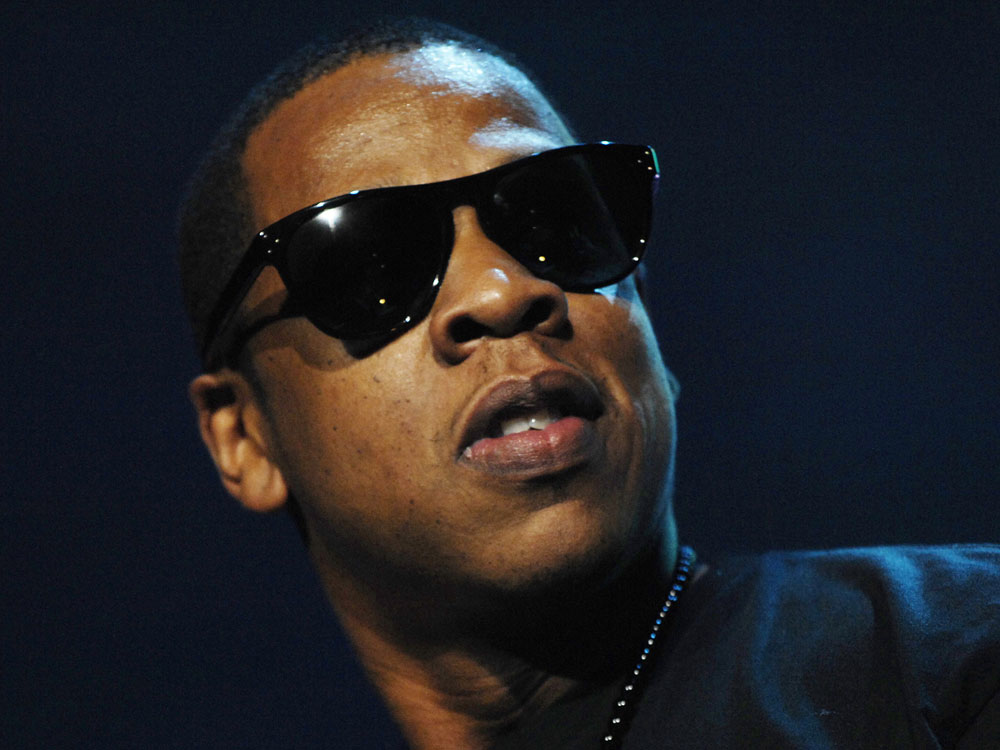
I’ve alway loved biographies. I’m fascinated by the stories of peoples lives. How did they get where they are? What challenges did they over-come? What breaks did they capitalize on? What choices did they make?
I have this saying that I share often with my daughters. I also often reference it during my speaking engagements.
We are [our life is]the sum of our choices.
This is a very powerful perspective because, each and every choice we make defines us and builds us into who we are and who we become. It’s for this reason, I’m totally fascinated by human behavior and the choices people make. If you buy into the idea we are the sum or our choices, you recognize success is a choice and if you aren’t were you want to be, it’s because you’ve chosen not to be.
I know, that’s a tough pill to swallow.
I thought sharing Jay-Z’s story would be compelling and enlightening. He’s made a lot of good choices in his life and they have defined him. By most people’s accounts he successful.
I’m gonna read his biography, I’m curious to go deeper and see some of the crucial decisions he made and why?
Jay-Z/Shawn Carter
1969: Shawn Carter is born in a housing project in the notorious Bedford-Stuyvesant neighborhood of Brooklyn. His formative experiences here and in the three high schools he attended — one of which he shared with future rappers The Notorious B.I.G. and Busta Rhymes — would form the autobiographical basis of many future lyrics. He never finishes high school, and for a time he deals drugs while simultaneously trying to break into the rap game.
1989: Carter’s street nickname, Jazzy, evolves into his stage name, Jay-Z. The name is partly in homage to his hip-hop mentor, Jaz-O, and partly a reference to the J/Z subway lines that stop near his home in the Marcy Projects.
1995: Unable to get a major label interested in his music, Jay-Z — who by now has begun to make a name for himself by freestyle rapping — forms record label Roc-A-Fella with friends Damon Dash and Kareem “Biggs” Burke. It will later become one of the most legendary labels in hip-hop.
1996: Jay-Z releases his first rap album, Reasonable Doubt, at age 26. “[It] had all these emotions and complexities and layers that a typical hip-hop album wouldn’t have if you were making it at 16 [or] 17 years old,” he said. “That isn’t enough wealth of experience to share with the world.” It reaches No. 23 on the Billboard chart.
1997: Island Def Jam acquires a 50 percent stake in Roc-A-Fella for $1.5 million.
1999: With Roc-A-Fella partner Dash, Jay-Z creates clothing brand Rocawear. Eventually it will offer multiple lines of apparel and accessories. “My brands are an extension of me,” Jay-Z later tells Men’s Health. “They’re close to me. It’s not like running GM, where there’s no emotional attachment.”
2001: Days after the September 11 terrorist attacks, Jay-Z releases his sixth album, The Blueprint. It is now considered a classic of the genre, and in 2012 Rolling Stone ranked it No. 252 on its list of the 500 greatest albums of all time.
2003: Jay-Z releases The Black Album, ostensibly his final record before retirement. However, in one track, “Encore,” he hints at a future comeback. The line “when I come back like Jordan wearing the four-five” references Michael Jordan’s return to basketball, when he initially wore a No. 45 jersey.
2004: After his retirement from making solo records, Jay-Z collaborates with other entertainers and becomes involved in philanthropy. In December, news breaks that he and his partners have sold their remaining stakes in Roc-A-Fella to parent label Def Jam for $10 million. Jay-Z is tapped as president and CEO of Def Jam Records.
2007: Jay-Z sells the rights to the Rocawear brand — but not his equity stake — to Iconix Brand Group for $204 million in cash. At this point, Rocawear is doing more than $700 million in annual retail sales. He continues to oversee marketing and product development.
2008: In January, Jay-Z steps down from Def Jam to launch new venture Roc Nation, a diversified entertainment company that today represents artists like Rihanna and Shakira. Months later, he marries longtime girlfriend Beyonce Knowles, forming one of the music industry’s ultimate power couples. Jay-Z is featured on her songs “Crazy in Love” and “That’s How You Like It” from her solo album Dangerously in Love.
2010: Jay-Z publishes his memoir, Decoded. In the book, he reflects on his childhood, his success and the significance of rap music. He also discusses what he sees as the special contributions he and his fellow hip-hop artists can make to the larger culture. “Artists can have greater access to reality; they can see patterns and details and connections that other people, distracted by the blur of life, might miss,” he writes. “Just sharing that truth can be a very powerful thing.”
2012: Daughter Blue Ivy Carter is born to Beyonce and Jay-Z in January, and he dedicates the song “Glory” to her. Later that year, Forbes staff writer Zack O’Malley Greenburg publishes his Jay-Z biography, Empire State of Mind: How Jay-Z Went from Street Corner to Corner Office, charting his rise from a teenage drug dealer to a successful businessman. Forbes pegs Jay-Z’s net worth at more than $450 million, making him one of the wealthiest men in hip-hop.
2013: Jay-Z announces his new sports agency, Roc Nation Sports, and its first client, Yankees second baseman Robinson Cano.
Are you making the choices that define who you are? Are you making the choices that will deliver the success you want? In the end we are nothing more than the lifetime of decision we make — big or small. Every choice counts!
